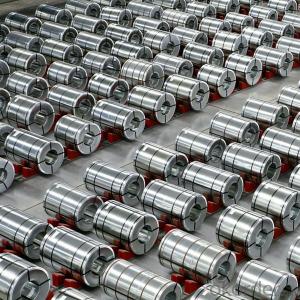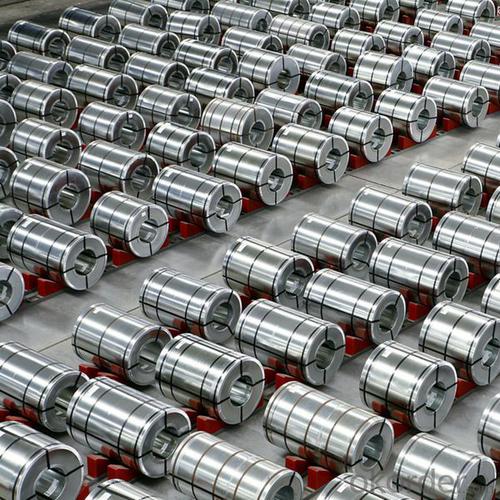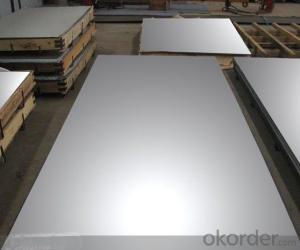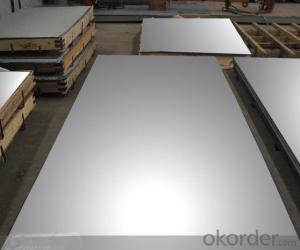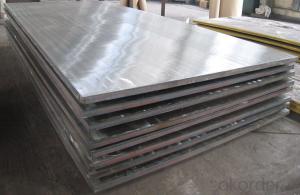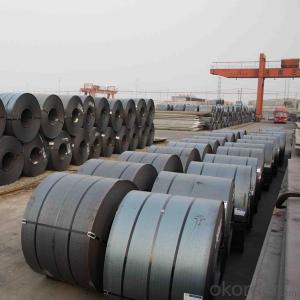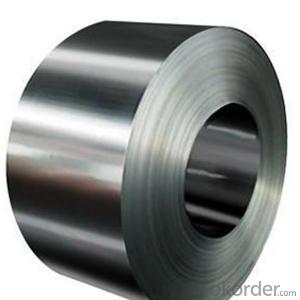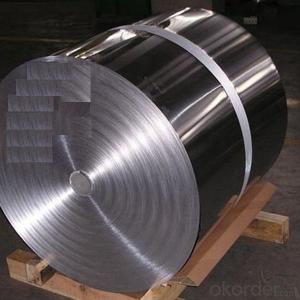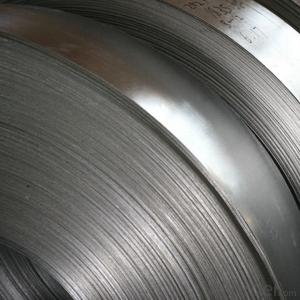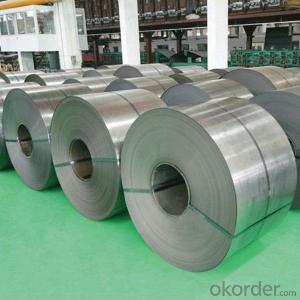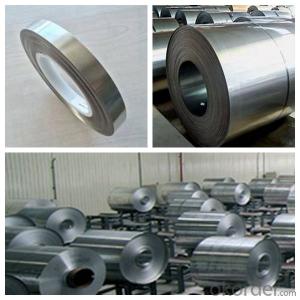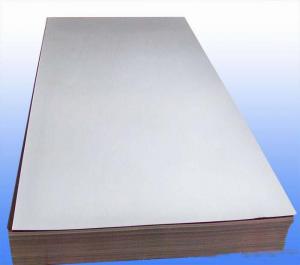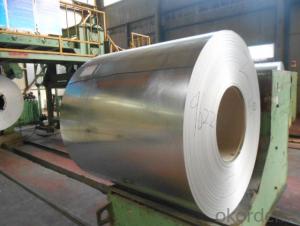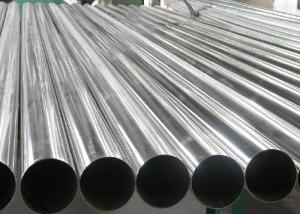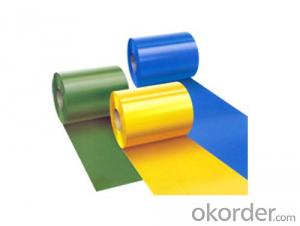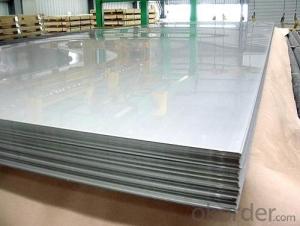Cold Rolled Steel 304,Cold Rolled Steel Plates Made in China
- Loading Port:
- Tianjin
- Payment Terms:
- TT OR LC
- Min Order Qty:
- 20 m.t.
- Supply Capability:
- 20000 m.t./month
OKorder Service Pledge
OKorder Financial Service
You Might Also Like
Specification
Products Description for Stainless Steel Coils/Sheets:
Prodcut:Stainless Steel Coil
Thinckness: 0.20mm-8.0mm
Width:1000mm, 1219mm(4 feet), 1250mm, 1500mm, 1524mm(5 feet),
1800mm, 2000mm, 2200mm, 2500mm,and customizable
Ni:0.8~1.2% Cu:1.4~1.5% Cr:14
Standard: ASTM, JIS, GB, BS, DIN etc
Grade: 200series&300series&400series
Surface finish: 2B, BA, 8K, 6K, Mirror Finished, No1, No2, No4, Hair Line with PVC
Manufacture technology: cold rolled/hot rolled
Thickness Tolerance: +/-0.1mm
Width Tolerance: +/-10mm
200 Seriers: 201,202
300 Seriers: 301, 304, 304L, 316L, 309, 310S,321
400 Seriers: 410, 410S, 409L,430
Features of Stainless Steel Coils
(1)Good ductility
(2)Good corrosion resistance
(3)Excellent abrasion resistance and fatigue strength
(4)Good weldability
(5)Oxidation resistant performance
(6)Excellent in high temperature
Detail picture for Stainless Steel Coils/Sheets
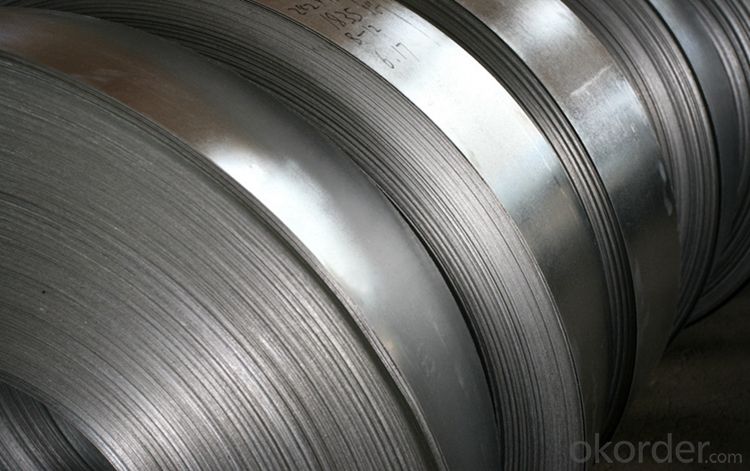
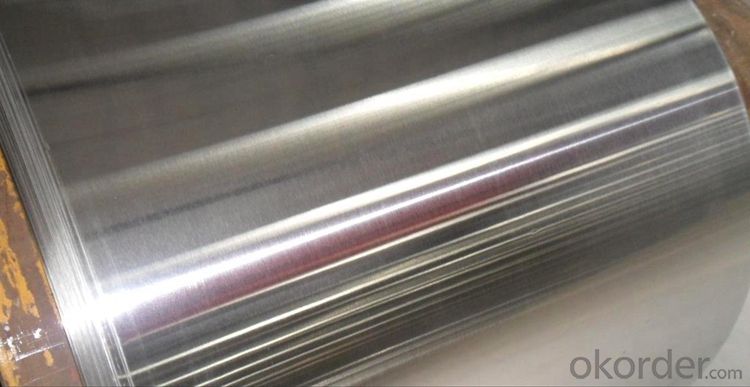
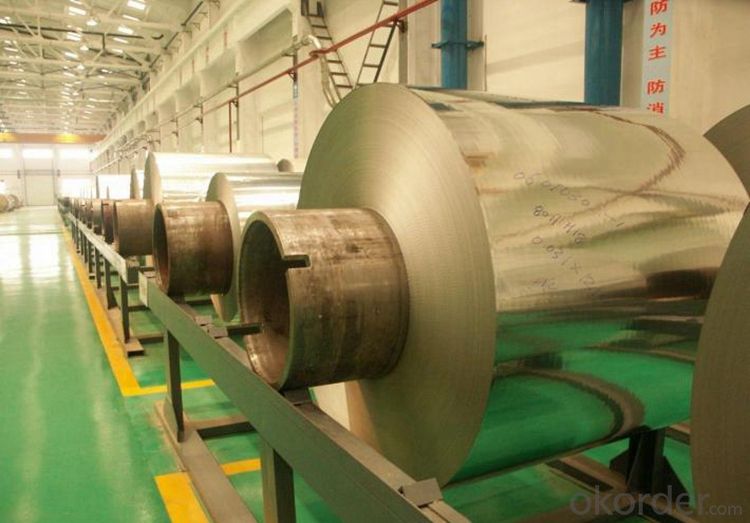
Packaging & Delivery for Stainless Steel Coils/Sheets:
Packaging Detail Standard export packing or following customer's demand
Delivery Time: Within 30-40 days after deposit or according to the order quantity
Our Service
1.High quanlity and reasonable price.
2.Customized on-demand.
3.Reasonable shipping and fast delivery.
4.Free sample.
FAQ for Stainless Steel Coils/Sheets:
Q:How to order?
A: Please send us your purchase order by email or fax .or you can ask us to send you a proforma invoice for your order .We need to know the following information for your order.
1) Shipping information-company name, street address, phone number, fax number, destination sea port
2) Product information – Quantity, Specification (steel type, thickness, width, surface finish)
3) Delivery time required
4) Forwarder's contact details if there's any in China
- Q: Can stainless steel sheets be used for decorative backsplashes?
- Stainless steel sheets are an excellent option for decorative backsplashes. Known for its versatility and durability, stainless steel is widely used in kitchen and interior design. Its sleek and modern appearance makes it a popular choice for contemporary and industrial-style kitchens. In addition to being visually appealing, stainless steel backsplashes offer practical benefits as well. They are resistant to heat, stains, and water, making them highly functional. Furthermore, stainless steel is easy to clean and maintain, making it an ideal choice for busy kitchens. Whether you prefer a polished, brushed, or patterned finish, stainless steel sheets can be customized to match your aesthetic preferences. This allows you to create a stylish and attention-grabbing backsplash that complements your overall design scheme.
- Q: What are the different types of stainless steel sheet thickness tolerances?
- The different types of stainless steel sheet thickness tolerances include standard, tight, and extra tight tolerances. Standard tolerances allow for slight variations in thickness, tight tolerances have lower permissible deviations, and extra tight tolerances have even smaller allowable variations in thickness.
- Q: Can stainless steel sheets be used for heat recovery systems?
- Yes, stainless steel sheets can be used for heat recovery systems. Stainless steel is known for its excellent heat resistance and durability, making it an ideal material choice for heat recovery applications. Its corrosion resistance and ability to withstand high temperatures make it suitable for capturing and transferring heat efficiently in various heat recovery systems.
- Q: Can stainless steel sheets be used for architectural mesh?
- Yes, stainless steel sheets can be used for architectural mesh. Stainless steel is a popular choice for architectural applications due to its durability, strength, and corrosion resistance. It can be fabricated into various mesh patterns, making it suitable for architectural designs such as facades, partitions, and decorative elements.
- Q: Can stainless steel sheets be used for outdoor signage?
- Indeed, outdoor signage can be made using stainless steel sheets. This material, known for its durability and resistance to corrosion, remains unscathed in challenging weather conditions while preserving its visual appeal. Its widespread use in outdoor signage can be attributed to its ability to withstand rust, fading, and harm caused by sunlight, rain, snow, and other environmental factors. Moreover, stainless steel sheets can be personalized with different finishes like brushed or polished, enhancing their aesthetic allure and making them suitable for any outdoor signage requirement.
- Q: Can stainless steel sheets be used for stairs and railings?
- Yes, stainless steel sheets can be used for stairs and railings. Stainless steel is a versatile and durable material that is often used in architectural and interior design applications. It is resistant to corrosion, which makes it suitable for outdoor use and areas with high humidity or exposure to chemicals. Stainless steel sheets can be fabricated into various shapes and sizes, making them ideal for constructing stairs and railings with a sleek and modern look. Additionally, stainless steel is easy to clean and maintain, making it a practical choice for areas with high traffic or public spaces.
- Q: What is the minimum thickness available for stainless steel sheets?
- The minimum thickness of stainless steel sheets can differ depending on the grade and manufacturer. Nevertheless, typically stainless steel sheets are readily obtainable in thicknesses that span from 0.4mm to 6mm. Certain manufacturers might even offer thinner sheets, like 0.3mm, for particular applications. To ascertain the precise minimum thickness that suits your specific needs, it is crucial to consult with the supplier or manufacturer.
- Q: Are stainless steel sheets suitable for architectural mesh applications?
- Architectural mesh applications greatly benefit from the use of stainless steel sheets. This material is incredibly versatile and durable, offering a multitude of advantages for architectural purposes. With its resistance to corrosion, stainless steel is indispensable for long-lasting performance in outdoor and high-moisture environments. Moreover, its exceptional strength enables it to withstand heavy loads, making it an ideal choice for structural applications. The utilization of stainless steel sheets in architectural mesh brings together functionality and aesthetics in a unique manner. This mesh can be employed in various ways, such as facades, cladding, sunshades, balustrades, and partitions. It can be woven or welded into diverse patterns and shapes, allowing for imaginative and visually appealing designs. Furthermore, stainless steel architectural mesh provides excellent transparency and airflow, making it suitable for applications requiring ventilation or light transmission. It enhances the visual appeal of a building by creating a sense of openness, while simultaneously ensuring privacy and security. Additionally, stainless steel offers a high level of customization. It can be finished in different colors and surface textures, providing architects and designers with the opportunity to achieve their desired aesthetic. Additionally, stainless steel is a sustainable material, as it is fully recyclable and has a long lifespan, minimizing the environmental impact of architectural projects. In summary, stainless steel sheets are an excellent choice for architectural mesh applications due to their corrosion resistance, strength, versatility, and aesthetic appeal. They grant architects and designers a wide range of possibilities to create visually striking and functional structures.
- Q: Can stainless steel sheets be used for food storage containers?
- Yes, stainless steel sheets can be used for food storage containers. Stainless steel is a popular choice for food storage containers due to its durability, non-reactive nature, and resistance to corrosion. It does not impart any taste or odor to the stored food, making it safe for long-term storage. Stainless steel is also easy to clean and maintain, making it a hygienic option for food storage. Additionally, stainless steel containers are often preferred for their eco-friendly properties, as they are reusable and can help reduce the use of single-use plastic containers. Overall, stainless steel sheets are a suitable and reliable choice for food storage containers.
- Q: How do you prevent rusting on stainless steel sheets?
- To prevent rusting on stainless steel sheets, you can implement a few preventive measures such as keeping the sheets clean and dry, avoiding exposure to corrosive substances, applying a protective coating or passivation treatment, and ensuring proper ventilation to minimize moisture buildup.
Send your message to us
Cold Rolled Steel 304,Cold Rolled Steel Plates Made in China
- Loading Port:
- Tianjin
- Payment Terms:
- TT OR LC
- Min Order Qty:
- 20 m.t.
- Supply Capability:
- 20000 m.t./month
OKorder Service Pledge
OKorder Financial Service
Similar products
Hot products
Hot Searches
Related keywords
